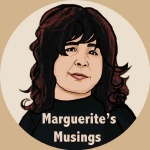 I love the ongoing discussion about Susan B. Anthony on this blog and the implications of what it must have been like for Susan to devote her life to the vote. Today we can take on challenges, like Susan did, that are meaningful (and even have fun) while making a difference.
I love the ongoing discussion about Susan B. Anthony on this blog and the implications of what it must have been like for Susan to devote her life to the vote. Today we can take on challenges, like Susan did, that are meaningful (and even have fun) while making a difference.
How would Susan respond to this free-spirited poem presented recently about our suffrage activist ancestors at a Slam Poetry event? Check out “Suffragette 69” and smile –just when you thought there couldn’t possibly be any new angles relative to this part of American history.
Susan B. Anthony’s networking and advocacy energized her. When I took a bus trip last fall with Friends of the Susan B. Anthony Museum & House, one point was brought to my attention –about how Susan took “power walks” around her neighborhood on early mornings. I loved hearing all about Susan, the activist, the sister, the family member, the cook, the human being, and so much more. Getting inside the personal lives of our suffrage ancestors involves getting to know them as people, as well as heroic historic figures. That’s why I love doing this work!
Susan B. Anthony’s June 19, 1873 speech can be found in lists of great American oratory. If you sign up for a speech class, there’s a possibility Anthony’s presentation may be referred to as a way to learn about the structure of powerful presentations. I’m looking forward to playing Susan today at a birthday party. For the past week or so I’ve been setting aside a few items: a long dress, hat, cape, plus an edited version of her speech. It’s great fun to add a skit to a birthday celebration.
Susan B. Anthony resources: Short video introducing Susan’s trial speech for illegal voting on June 19, 1873. Audio selection (three minutes) about Susan B. Anthony’s famous 1873 trial speech from Doris Stevens’ book, “Jailed for Freedom.” A feature story about Barbara Blaisdell who has been interpreting Susan B. Anthony for the past 23 years for groups, organizations and for special occasions. My appeal to friends about the importance of making June 19th and Susan B. Anthony’s trial speech a national observance. New book about Anna Howard Shaw, and author Trisha Franzen, makes argument about Shaw (video included) being “true heir to Susan B. Anthony” and attempts to separate fact from fiction. Visit the Susan B. Anthony Museum and House in Rochester, NY.
June 19th is not only the date when Susan B. Anthony gave her now famous speech at the Ontario County courthouse near Rochester, New York. It’s also a celebration commemorating the end of slavery in the United States. The suffrage and antislavery movements were intricately connected, and this is definitely reflected in the wide range of events that can be accessed in the LetsRockTheCradle.com calendar.The Cradle site is a recognized resource destination and online community for events, historic sites, action campaigns, movement stories, and the many ways the past inspires our actions today!
The news notes shared here are by no means a representative sampling of what’s available online. But they give me an opportunity to keep up to date, and point out some noteworthy content I found online. For example, here’s an article about five commentators who still are angry about the fact that women won the right to vote in 1920. Link. Seneca Falls, NY will be the birthplace of a Muslim women’s rights declaration in July of 2014. Link. A conference in Detroit during July features women and their role in the Underground Railroad. Link. June 19th and a celebration about the end of slavery. Link. An overview of “male feminism.” Link. Observations on the stalemate concerning the governor’s Women’s Equality Agenda in the NYS Legislature. Link. Women and Canadian elections. Link.
Follow the Suffrage Wagon for news and views of the suffrage movement.
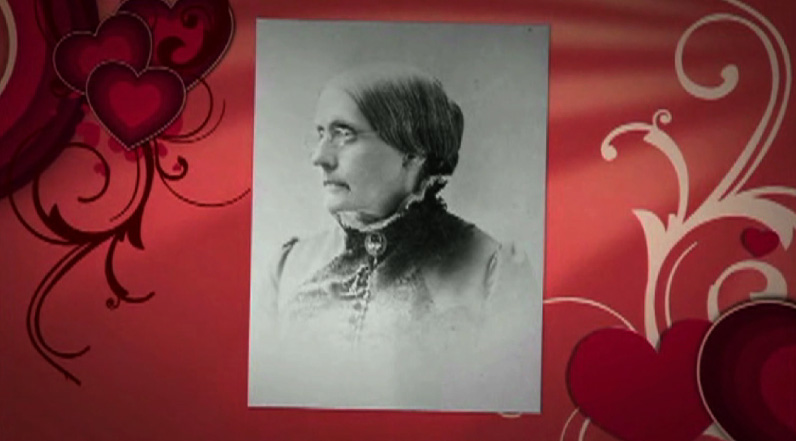
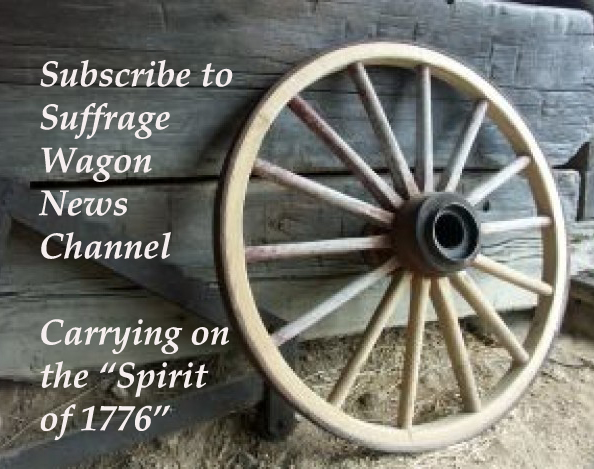
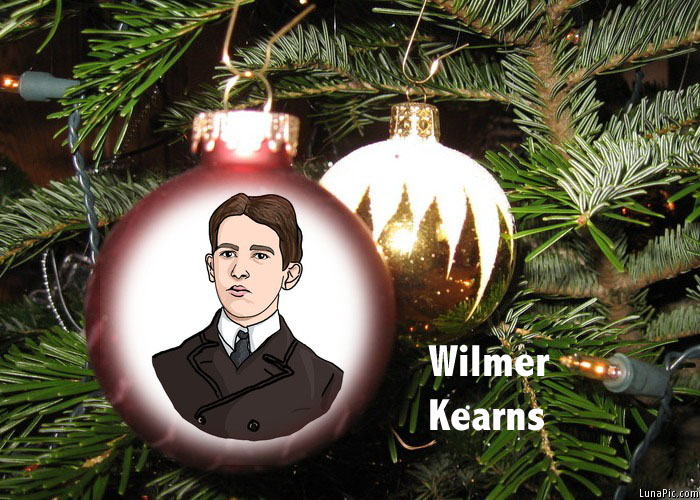
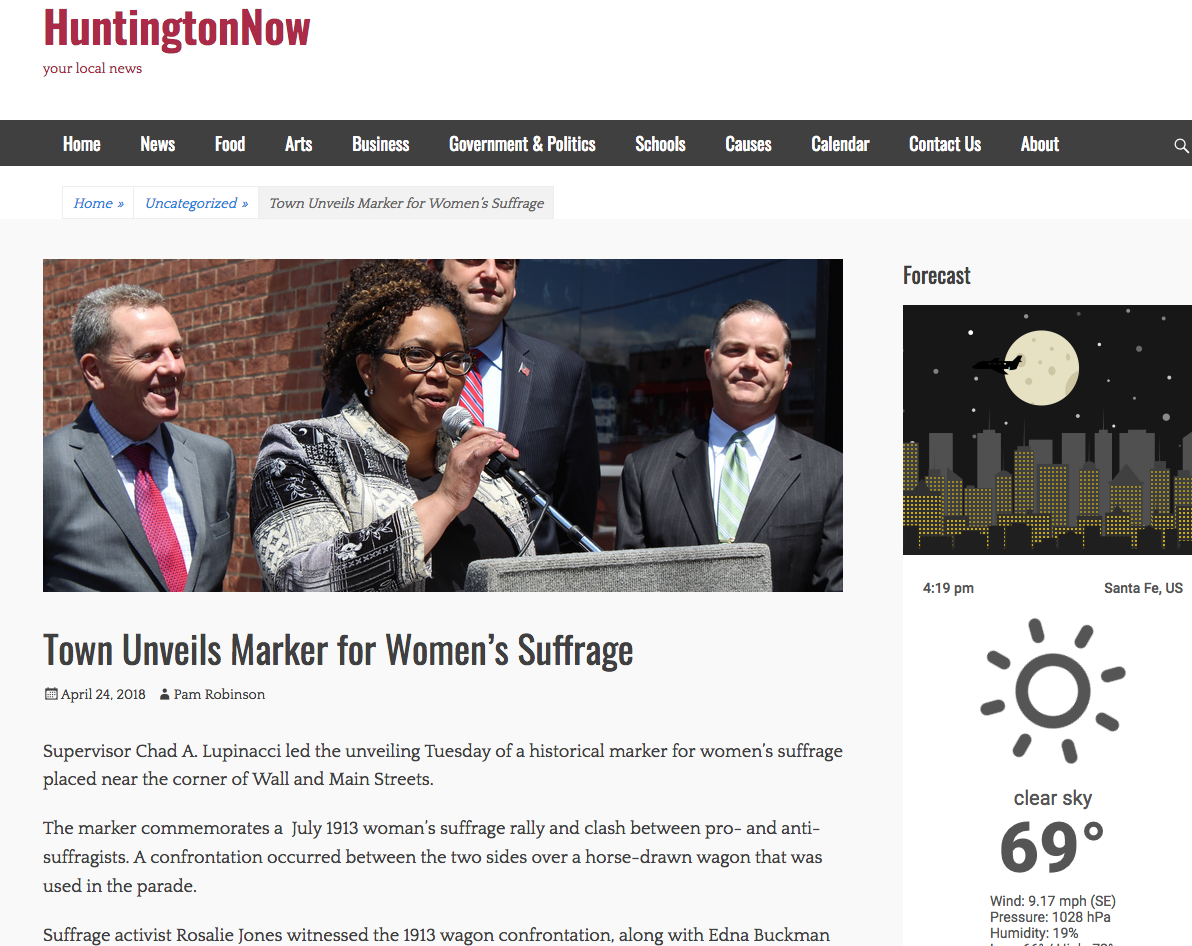
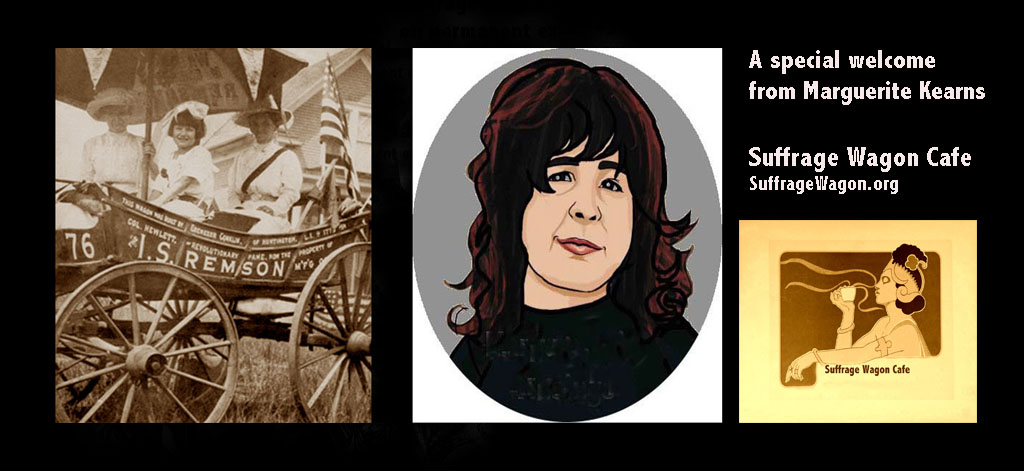
0 Comments